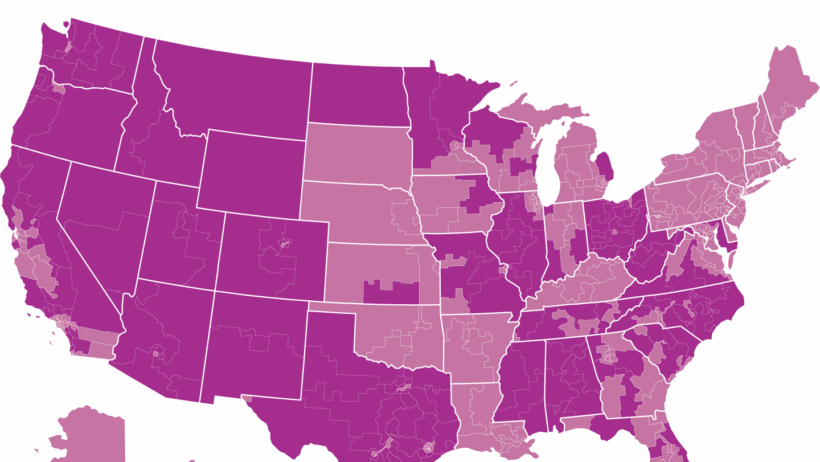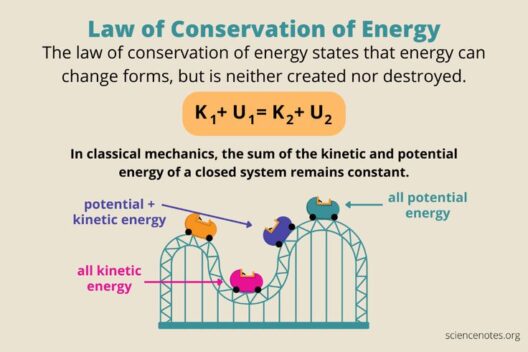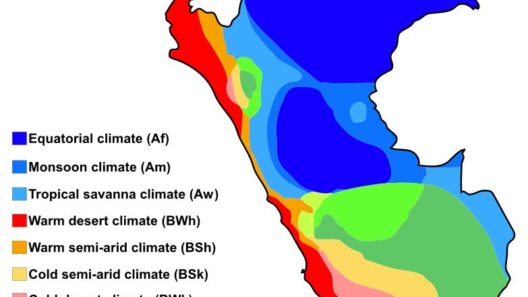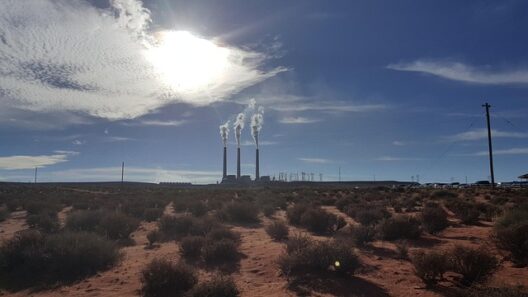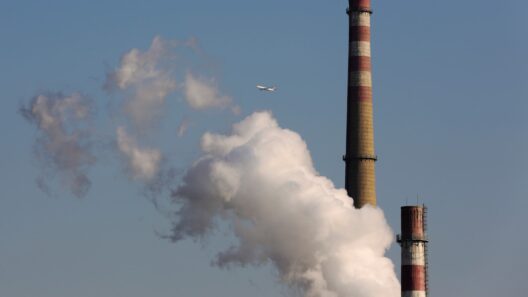Is climate change a conspiracy, an empirical reality, or simply a divisive talking point? The partisan divide surrounding belief in climate change leads us to a critical inquiry: do Republicans truly believe in climate change, or is the skepticism merely a reflection of political allegiance? This dubious question demands a nuanced examination, as it places the intersection of politics, science, and public perception under a magnifying glass.
The first avenue of exploration is the historical context regarding Republican attitudes toward climate science. In the late 20th century, climate change was slowly entering public discourse. However, skepticism emerged prominently in the 2000s, often fueled by the ideological tenets of conservatism. Various Republican leaders systematically prioritized economic growth, alongside a steadfast allegiance to free-market principles, often espousing the notion that environmental regulations could impede prosperity. Such a framework might have inadvertently cultivated a climate of disbelief towards scientific consensus—compounded by a potent mix of misinformation and political rhetoric.
To unravel these intricate dynamics, it’s essential to analyze public opinion data. Surveys performed over the years have exhibited stark contrasts in belief systems between party lines. A sizeable proportion of Republicans demonstrate skepticism towards the existence and severity of climate change. Polls indicate that while many recognize that the earth is warming, the proportion of Republicans who regard climate change as an existential threat remains significantly lower than that of their Democratic counterparts. It begs the question: is this an inherent belief or a conditioned response shaped by an overwhelming partisan narrative?
Moreover, the role of media cannot be overlooked. The American media landscape is highly polarized, with outlets often tailored to echo the sentiments of their respective audiences. Conservative media channels frequently promote narratives that challenge climate science, framing it as an elitist agenda aimed at undermining the individuality and economic freedom of the average American. When exposure to conflicting information predominates, can we still maintain the integrity of belief as a purely individual construct? Perhaps the answer is more complicated than a simple binary definition of belief.
A critical factor contributing to varying perceptions among Republicans centers on education and information access. Research reveals that a significant knowledge gap exists regarding climate science within different demographic segments. Those with higher educational attainment, irrespective of political affiliations, tend to exhibit a stronger understanding of climate-related phenomena. Ironically, this creates a paradox where a lack of informational exposure may engender skepticism. Therefore, is it unreasonable to suggest that the challenge extends beyond belief in climate change to encompass elements of education and engagement with scientific discourse?
Transitioning our focus, it is imperative to note the factionalism within the Republican Party itself. A growing cognizance about climate change can be seen among younger Republicans and those with an inclination toward environmental stewardship. The emergence of groups championing a ‘green conservatism’ reveals a noteworthy shift. These individuals advocate for market-based solutions to environmental issues and often contest the conventional narratives that have historically characterized Republican thought. Could this emerging paradigm indicate an evolution in the party’s stance on climate change? The answer remains contingent upon the party’s leadership and its capacity to adapt to changing societal values.
Additionally, the financial implications of climate policies serve as a crucial contention point. Critics often assert that pursuing climate action necessitates exorbitant economic sacrifices, particularly in sectors reliant on fossil fuels. For many Republicans, aligning with climate action may equate to endorsing policies that they perceive as detrimental to the economy or liberty. The question then arises: do economic considerations outweigh the implications of inaction on climate-related policies? This discourse often leads to heated debates within both party loyalists and environmental advocates.
The growing body of climate science, positing dire consequences emanating from anthropogenic climate change, further complicates this discussion. Reports indicating increases in extreme weather events, rising sea levels, and declining biodiversity pose real challenges that cannot be overlooked. As scientific evidence mounts, a challenge arises: can Republicans reconcile a historically skeptical position with the undeniable data that supports the need for substantial climate action? The unearthing of such cognitive dissonance within the Republican base leads us to contemplate the potential pathways toward holistic engagement with climate challenges.
In conclusion, the question of whether Republicans believe in climate change robustly straddles a complex continuum rather than presenting a clear dichotomy of belief or disbelief. While many Republicans maintain skepticism stemming from ideological convictions, a tangible shift within the party’s demographic composition, coupled with a progressive realization of climate realities, hints at a potential evolution. The interplay of factors—education, media influence, economic considerations, and intraparty dynamics—crafts an intricate web of beliefs informed by societal experiences and political context.
Ultimately, the vitality of addressing climate change transcends political divisions. Engaging in constructive dialogue and fostering understanding among disparate perspectives could very well illuminate pathways toward collaborative action. Thus, as we navigate these choppy waters of political belief and climate science, one must wonder: is a unifying perspective on climate action a feasible outcome, or will partisanship continue to frame our understanding of this pressing issue? The answer remains to be seen.



